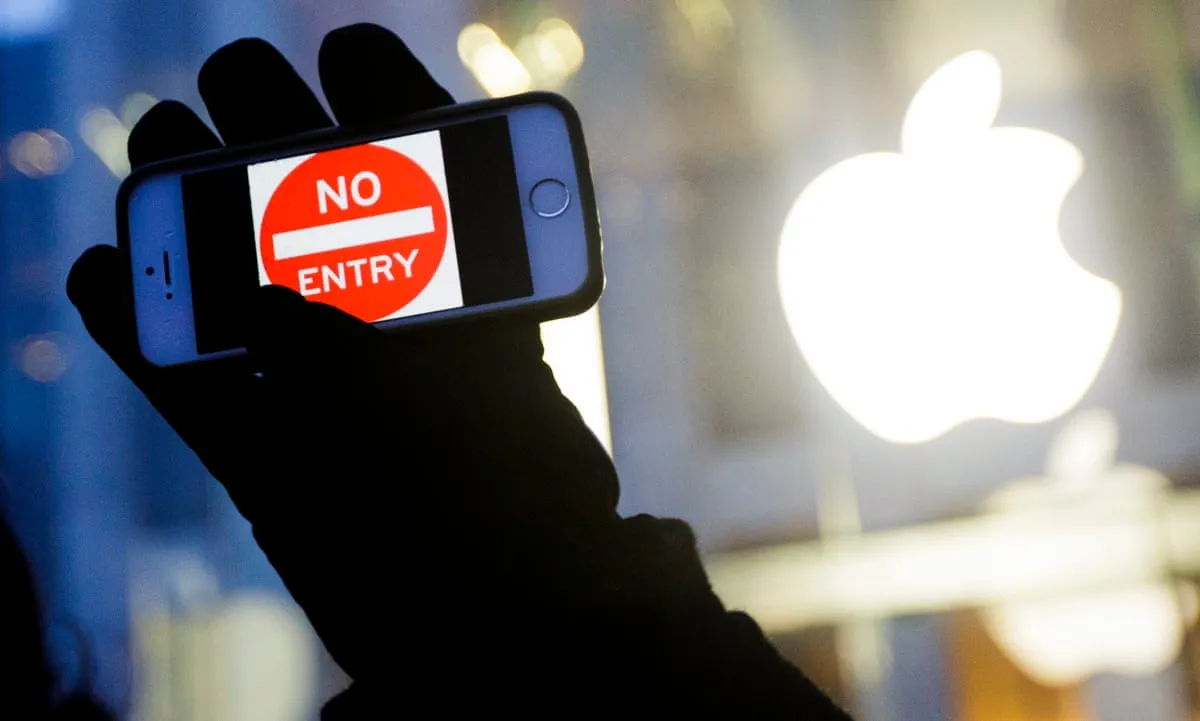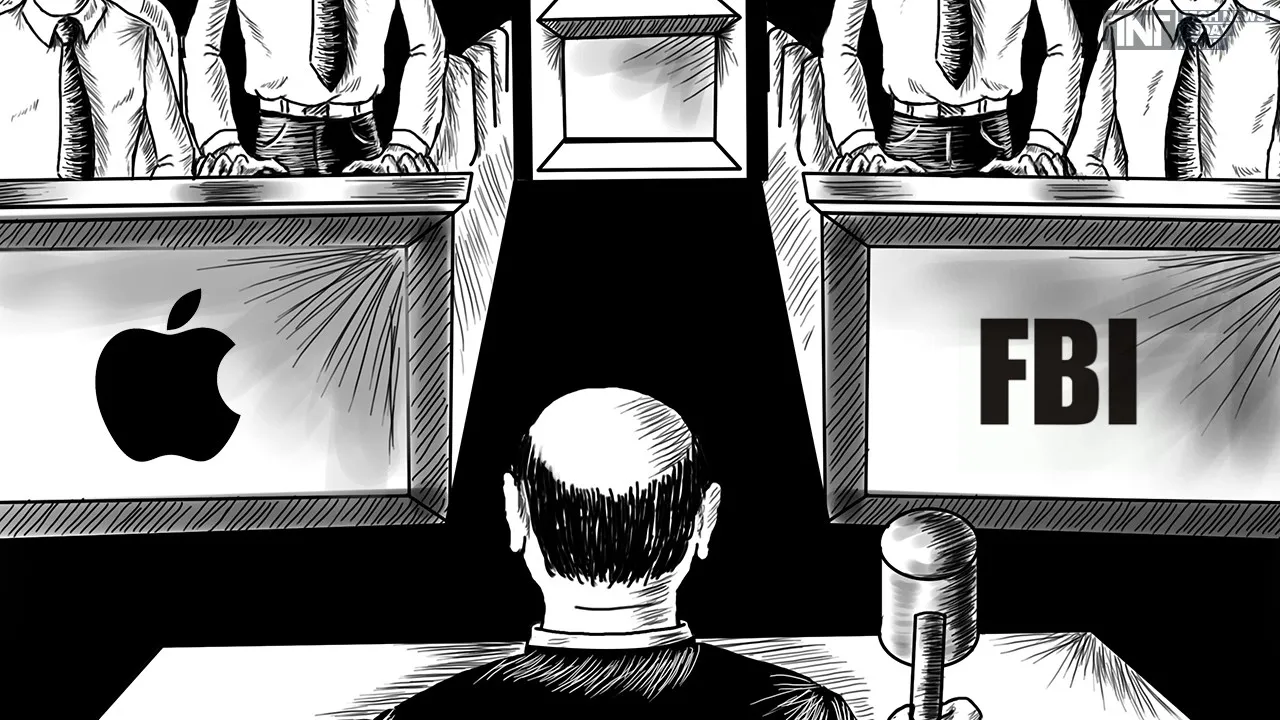Apple is facing a tumultuous period as it gears up for the release of iOS 18.2. Amidst the excitement for the new Apple Intelligence upgrade, a storm brews with an FBI warning and a significant lawsuit challenging the very foundation of user privacy and security that Apple has long championed. The implications for Apple’s 2 billion users across iPhone, iPad, and Mac platforms are profound, as they find their trusted encryption potentially compromised.

The Legal Battle Over Privacy
In an ill-timed reveal, just as Apple was finalizing its software updates, news broke of a lawsuit claiming that Apple’s encrypted devices inadvertently protect child sexual abuse material (CSAM) stored on iCloud. This lawsuit, represented by attorneys on behalf of numerous survivors, alleges that Apple has long been aware of this disturbing content but has refrained from taking action to remove it. According to the plaintiffs, Apple’s inaction persists despite having developed sophisticated technologies capable of detecting such material.
The lawsuit surfaces amidst broader concerns about privacy and security on digital platforms. It argues that the technology Apple proposed in 2021 for scanning on-device imagery for CSAM could have prevented the proliferation of abusive material, yet this initiative was withdrawn amid backlash over privacy concerns. This creates a paradox where enhanced privacy measures can also shield illegal activities, putting Apple in a precarious position of balancing user privacy with legal and moral obligations.

FBI’s Stance on Encryption
The FBI’s recent statement adds another layer to the controversy. The bureau advocates for “strong, responsibly managed encryption” that should allow U.S. tech companies to provide “readable content in response to a lawful court order.” This perspective underscores a growing frustration among law enforcement agencies with what they describe as “going dark” – the inability to access critical information protected by robust encryption technologies.
This push from the FBI coincides with broader regulatory discussions in the U.S. and Europe about the extent to which tech companies should be compelled to monitor and regulate the content on their platforms. European proposals, such as “chat control,” seek to mandate tech platforms to screen content without direct monitoring, a policy still under debate among EU member states.

The Implications for Apple and Its Users
For Apple, these developments represent a significant challenge to its stance on privacy and security. The company has long maintained that its end-to-end encryption protects user data from all eyes, including its own. However, the dual pressures of legal obligations and public safety concerns are testing this commitment. An Apple spokesperson emphasized the company’s efforts to combat child exploitation through innovations like Communication Safety features, which aim to prevent the circulation of harmful material without undermining overall security.
The ongoing debate over encryption and privacy is not just a legal issue but a public trust one. Apple’s users, who have long valued the company’s commitment to security, may find themselves reconsidering the safety of their personal information. As the legal and regulatory landscapes evolve, the tech giant may have to navigate a complex array of challenges that could redefine user privacy and corporate responsibility in the digital age.
In sum, as Apple prepares for new software releases and battles in courtrooms and the court of public opinion, the core question remains: can user privacy coexist with the imperative to combat digital crimes effectively? This debate will undoubtedly shape the future of digital privacy, not just for Apple, but for all technology users around the globe.
